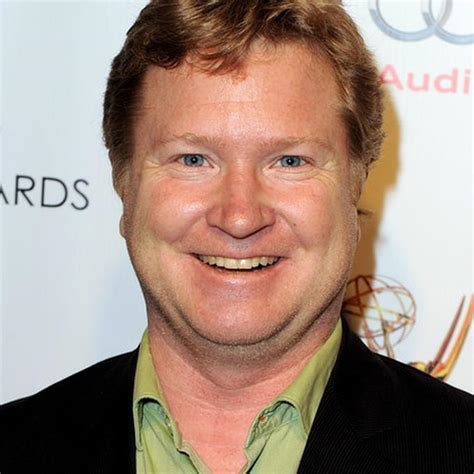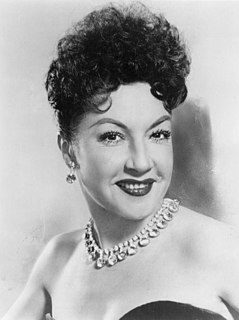A Quote by Franklin D. Roosevelt
I hope that you have re-read the Constitution of the United States in these past few weeks. Like the Bible, it ought to be read again and again.
Related Quotes
[ My mother] went, OK, I've read the Bible. I've read the Bible again. I'm reading the Bible again. OK, let me - where does this Bible come from? What does this Old Testament speak - who are the Israelites? Who - what is Judaism? And then she went, and I'm going to study that. And, you know, she wanted to almost get to the core.
The First Amendment and Fourteenth Amendment rights in the United States Constitution were being violated in Albany again and again - freedom of speech, freedom of assembly, the equal protection of the laws - I could count at least 30 such violations. Yet the president, sworn to uphold the Constitution, and all the agencies of the United States government at his disposal, were nowhere to be seen.
Young screenwriters are always very frustrated when they talk to me. They say, 'How do we get to be a screenwriter?' I say, 'You know what you do? I'll tell you the secret, it's easy: Read 'Hamlet.' You know? Then read it again, and read it again, and read it until you understand it. Read 'King Lear,' and then read 'Othello.'
Strip back the beliefs pasted on by governesses, schools, and states, you find indelible truths at one's core. Rome'll decline and fall again, Cortés'll lay Tenochtitlán to waste again, and later, Ewing will sail again, Adrian'll be blown to pieces again, you and I'll sleep under the Corsican stars again, I'll come to Bruges again, fall in and out of love with Eva again, you'll read this letter again, the sun'll grow cold again. Nietzsche's gramophone record. When it ends, the Old One plays it again, for an eternity of eternities.
The only things I read are gossip columns. If I read three pages of a book, I'm out like a light. When I pick up the book again, I've forgotten what I've read and have to start over again. By page three, even if I've just awakened from a nine -hour nap, I fall asleep again. So if anyone gives me a book, it had better have lots of pictures.
My father read Günter Grass. He introduced me to German literature. I believe the first book I read by a German author was from Grass. After that, Thomas Mann accompanied me for a few years during my literature studies. I tried again and again to read the original German text, but I never really succeeded.
Patriotism and loyalty in defense of the Constitution of the United States is constantly enjoined upon us. President McKay again this morning has made reference to the cause of liberty in his remarks. To be effective in such teaching, we must begin by inspiring in each heart the faith that the Constitution of the United States was written by inspired men whom God raised up for that very purpose.
What I do usually is read the book first, for pleasure, to see if my brain starts connecting with it, as a movie. And then, if I say yes, I read it again, only this time I take a pen and, inside the book, I say, "Okay, this is a scene. I don't need this. I'm going to try this. I'm not going to take this." And then, I use that book like a bible and each chapter heading, I write a menu of what's in that chapter, in case I ever need to reference it. And then, I start to outline and write it. I get in there and it starts to evolve, based on having re-read it again.
I know a lot of other actors that don't like to look at other references to their characters and things. But I like it. I always look at everything, I read all the books. I read Dieter's "Escape from Laos." I watched the documentary again and again and again. I recorded it just to listen to him a lot. I just don't suffer from feeling like I'm getting caught into an imitation. I just feel like I want to steal some good stuff if it's in there.

































